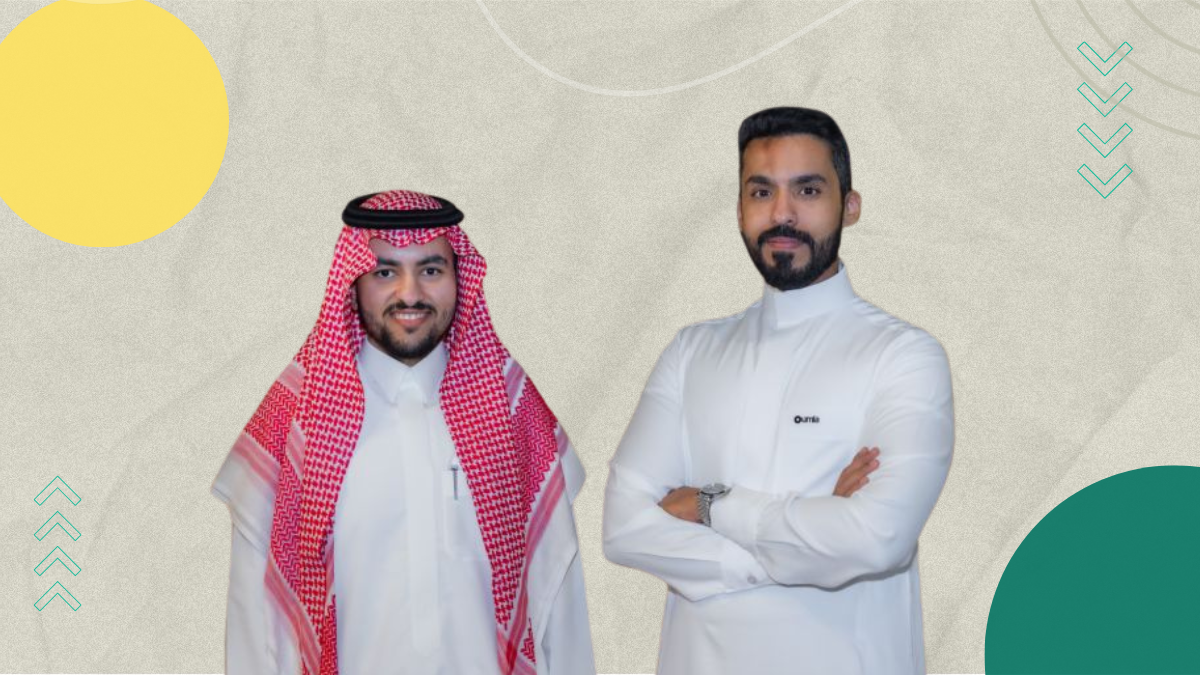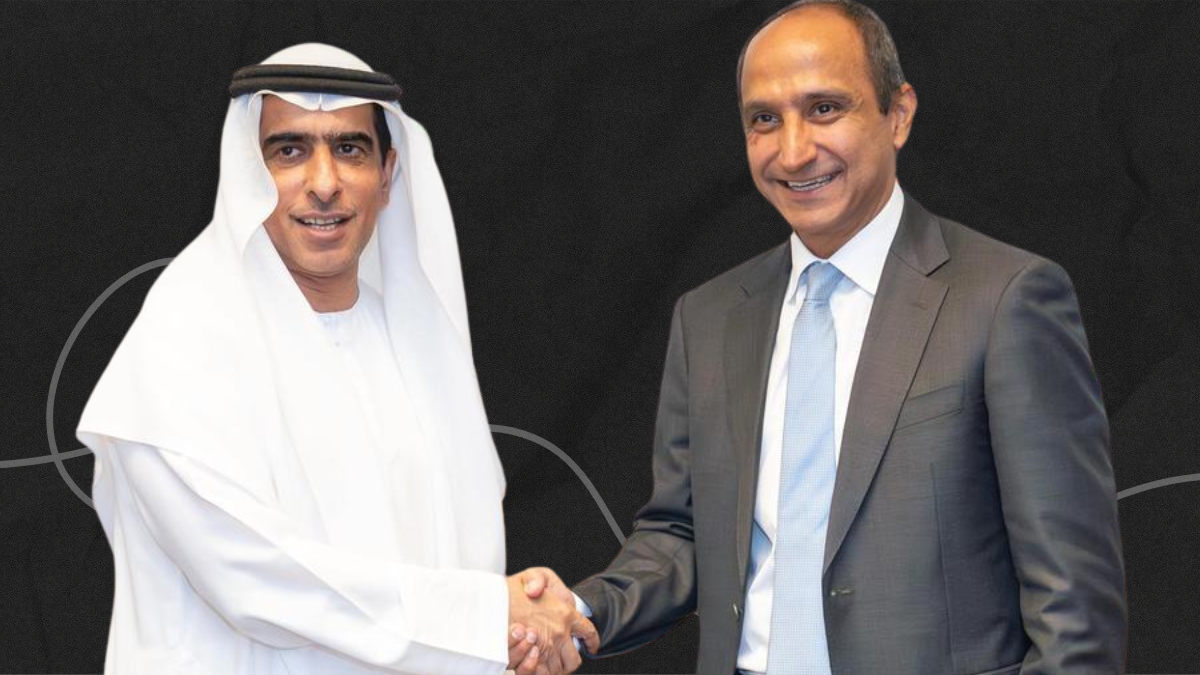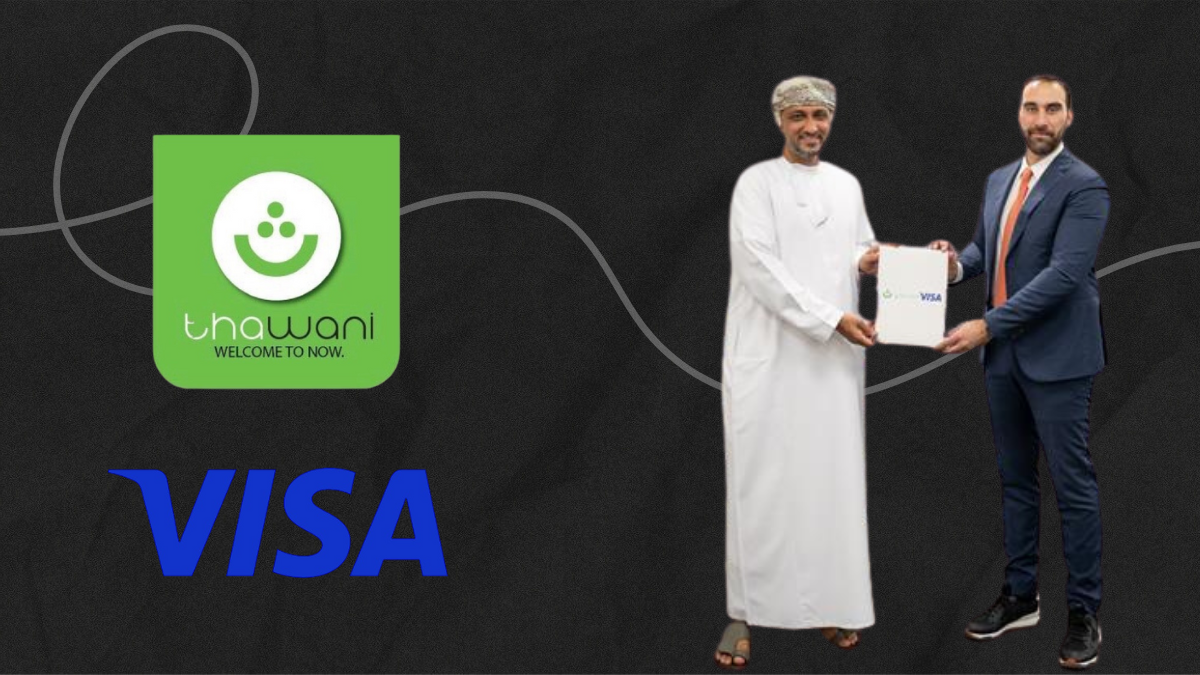Myhrvold’s AI Vision:We’re Three Miracles Away from Human-Level AI

4 min
Nathan Myhrvold, Microsoft's first CTO, reflected on the tech giant's transformative impact at Microsoft@50.
He compared today's AI advancements to the early days of personal computers, full of potential.
Myhrvold believes achieving true AI intelligence requires "three to five miracles" yet to come.
He credits Microsoft's strategic investments, like in OpenAI, for positioning the company as an AI leader.
Though AI's future is bright, Myhrvold dismisses doomsday predictions as mere storytelling.
Back in Microsoft's early days, if you'd have suggested that every desk and every home would have its own computer, you'd likely have got a sceptical glance, maybe even a chuckle. But looking around now—those once sneered-at visions have shaped the very fabric of our everyday lives. Nathan Myhrvold, Microsoft's very first Chief Technology Officer, recently reflected on exactly this at GeekWire’s Microsoft@50 event, reminding us just how far the tech giant—and perhaps the world—has come since the heady days of the eighties and nineties.
Myhrvold, who was at Microsoft from 1986 to 2000, working alongside Bill Gates, played a pivotal role in laying groundwork that allowed hardware and software companies to innovate freely, but remain compatible. "You needed there to be standards in software so hardware folks could innovate like mad and software could advance right alongside it," he remarked, highlighting how Microsoft's early strategies impacted our modern tech-driven lifestyle.
But let's switch gears to today. AI is the talk of nearly every coffee shop, pub, or even Arageek comment thread these days, isn't it? Everyone's either been wowed by ChatGPT or has had at least one mildly frustrating experience with an overly helpful chatbot. Myhrvold, now heading up Innovation Ventures—a firm that invests in tech and energy companies—offered a realistic yet optimistic take. He reckons the state of artificial intelligence today mirrors where personal computers stood back in the 1980s: promising, groundbreaking even, but still waiting for certain transformative leaps.
The former CTO is incredibly positive about AI's prospects but is quick to acknowledge that, despite modern AI's impressive strides, there remains a substantial gap towards matching human intelligence. Describing modern AI capabilities, he explained that it's extraordinary how fairly basic techniques coupled with buckets of processing power have managed to emulate most aspects of human language. But crucially, he says our human ability to swiftly and effortlessly form abstract concepts and ideas remains out of AI's reach—at least for now.
To bridge this gap to genuine human-level intelligence, Myhrvold believes AI needs "three to five miracles". That's how he puts it: miracles, underscoring just how challenging the breakthroughs ahead will be. While he didn't spell out every miracle required, he used the example of how easily humans can create and understand entirely new abstract concepts. "If I called something a widget, without describing it, you'd quickly understand what I'm chatting about. AI simply can't do this yet—we're forced to train these systems with mountains of examples to compensate."
Interestingly, Myhrvold isn't overly concerned with the timeframe for these breakthroughs. They might pop up "tomorrow, tonight even—perhaps somebody out there has already cracked it but hasn't said anything. Or, it might take another ten years." What's certain, according to him, is not the exact timing but how we end up harnessing those breakthroughs when they happen. That, he stresses, is the essence of building meaningful and purposeful applications.
He's shown little patience for the doomsayers either, neatly dismissing worries that AI could spell doom for humanity as a thrilling, yet ultimately fictional, storytelling device that resonates with our human desire for dramatic villains. "We all love a good villain story, don't we?" he joked. "Just look at Sauron or the Night King—exciting, scary even, but we all went home knowing they weren't actually lurking outside our windows."
Myhrvold was quick to give Microsoft credit for placing savvy, calculated bets like the multi-billion dollar investment in OpenAI. At the time, OpenAI had just four employees. Remember that? Four. Still, he says boldly, "they bet on the right one," placing Microsoft squarely among those leading the charge on this AI front.
That said, Myhrvold feels we're very much at the beginning. For all the shiny new tools, applications and agent chatbots popping up, the truly transformative use-cases—those that might change the game completely—haven't yet surfaced. "We've only scratched the surface," he concluded firmly.
So perhaps those "three to five miracles" aren’t just nice-to-haves. They might very well define technology in coming generations. Not the frightening, doomsday scenarios—we won't have robot overlords strutting around anytime soon—but genuine breakthroughs transforming our lives, bit by bit, almost unnoticed, as ordinary as laptops on our desks have become.
After all, that's precisely how technology has always progressed—one little mircale at a time.
🚀 Got exciting news to share?
If you're a startup founder, VC, or PR agency with big updates—funding rounds, product launches 📢, or company milestones 🎉 — AraGeek English wants to hear from you!
✉️ Send Us Your Story 👇https://en.arageek.com/send-us-your-story-or-a-news-tip
 AI
AI Saudi Arabia
Saudi Arabia UAE
UAE Egypt
Egypt








